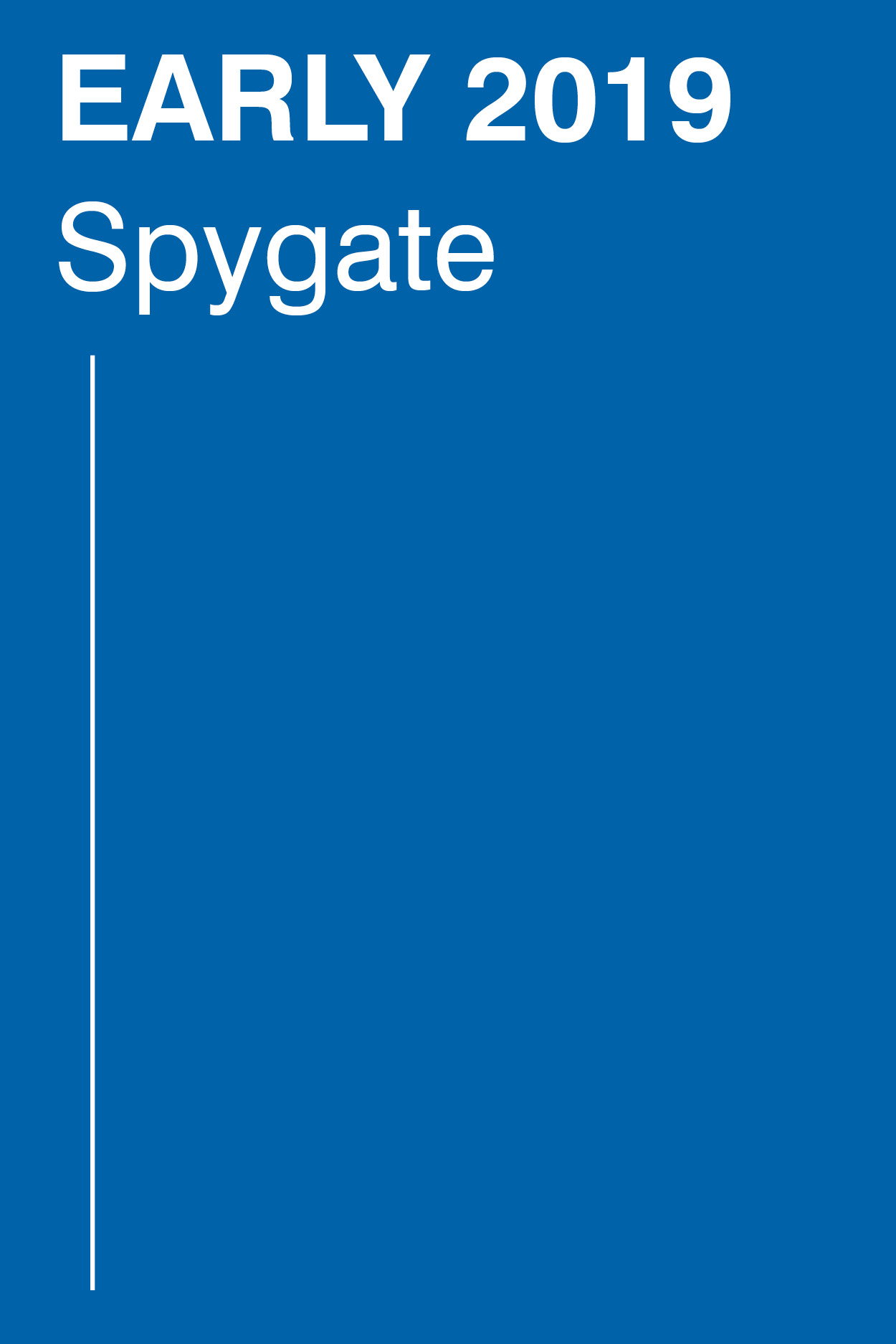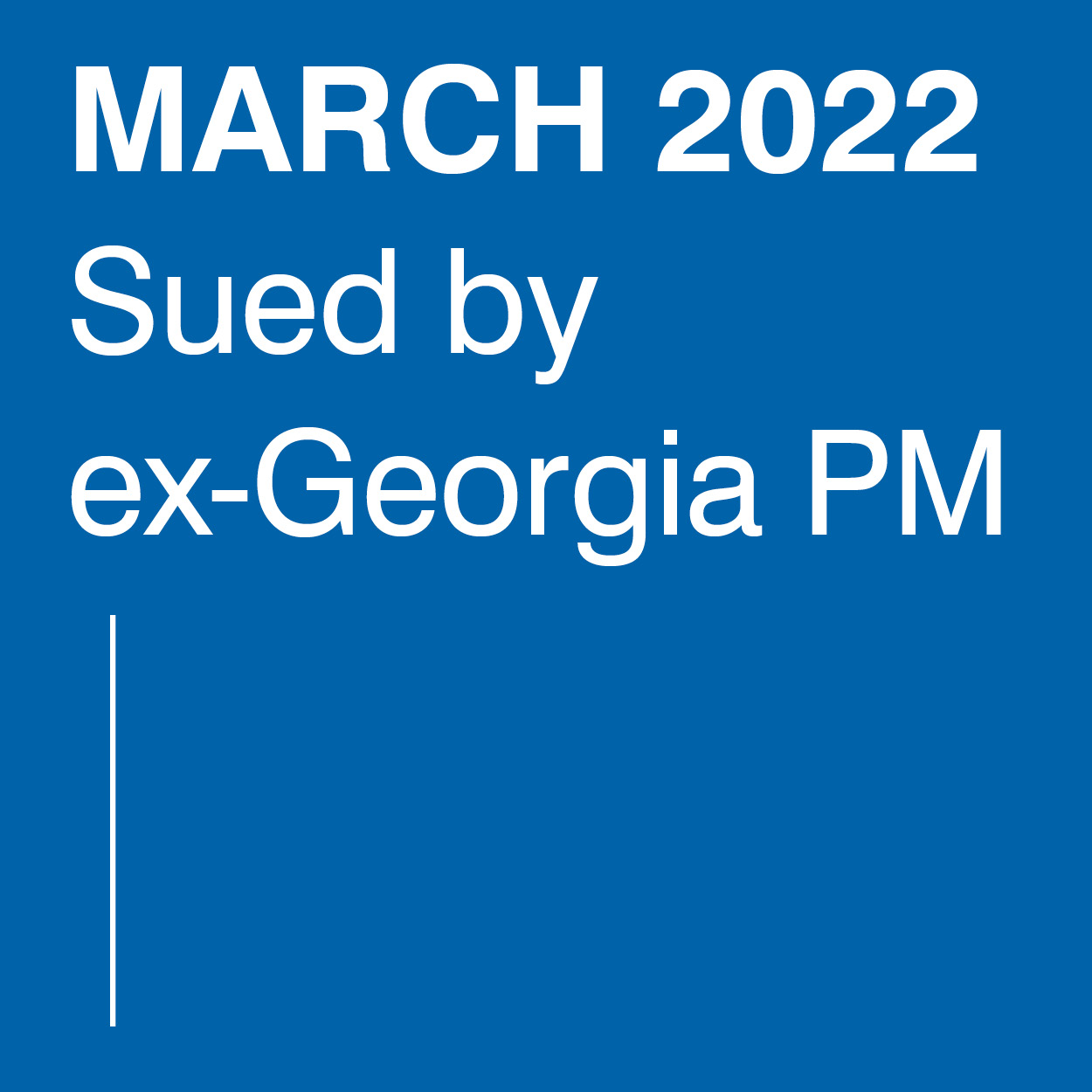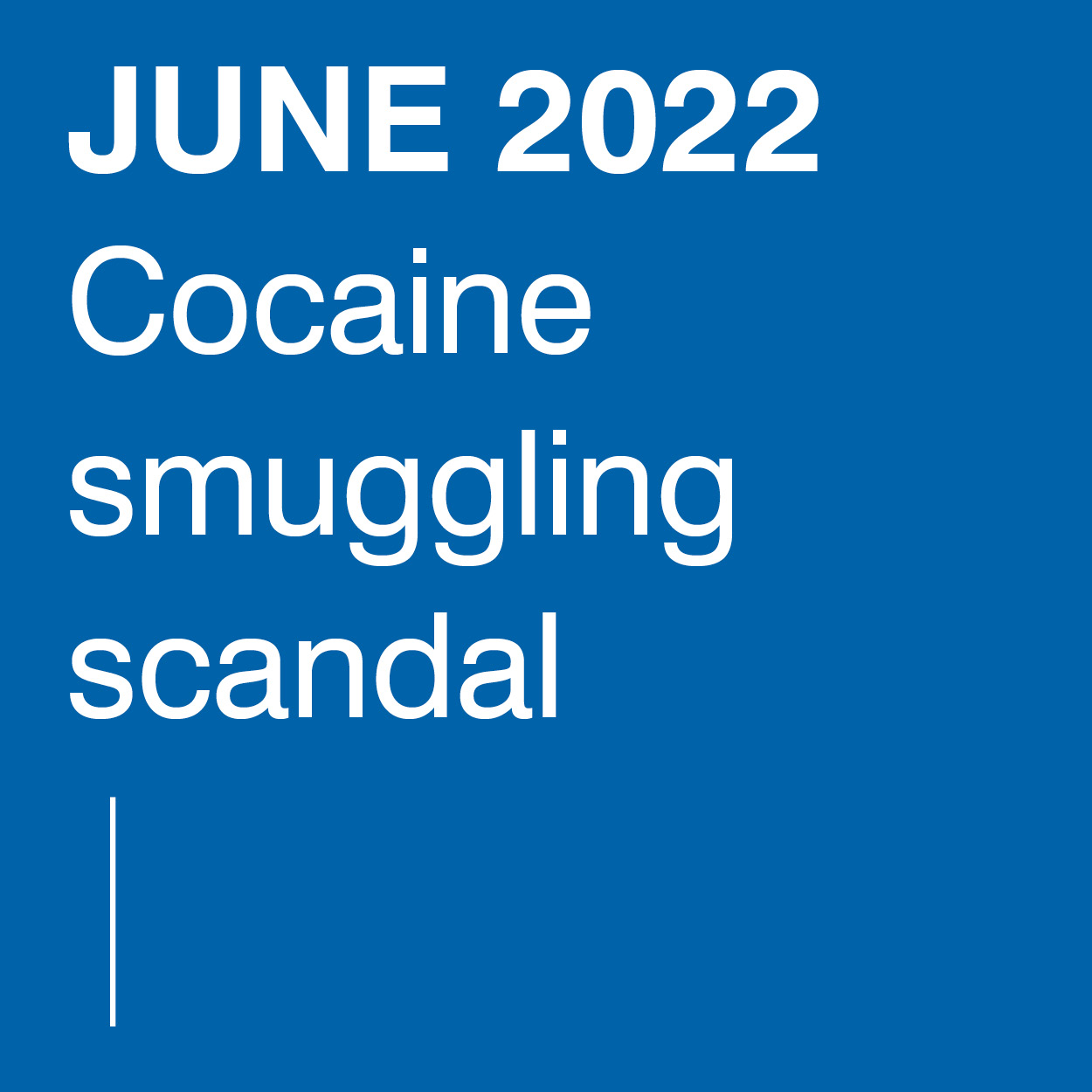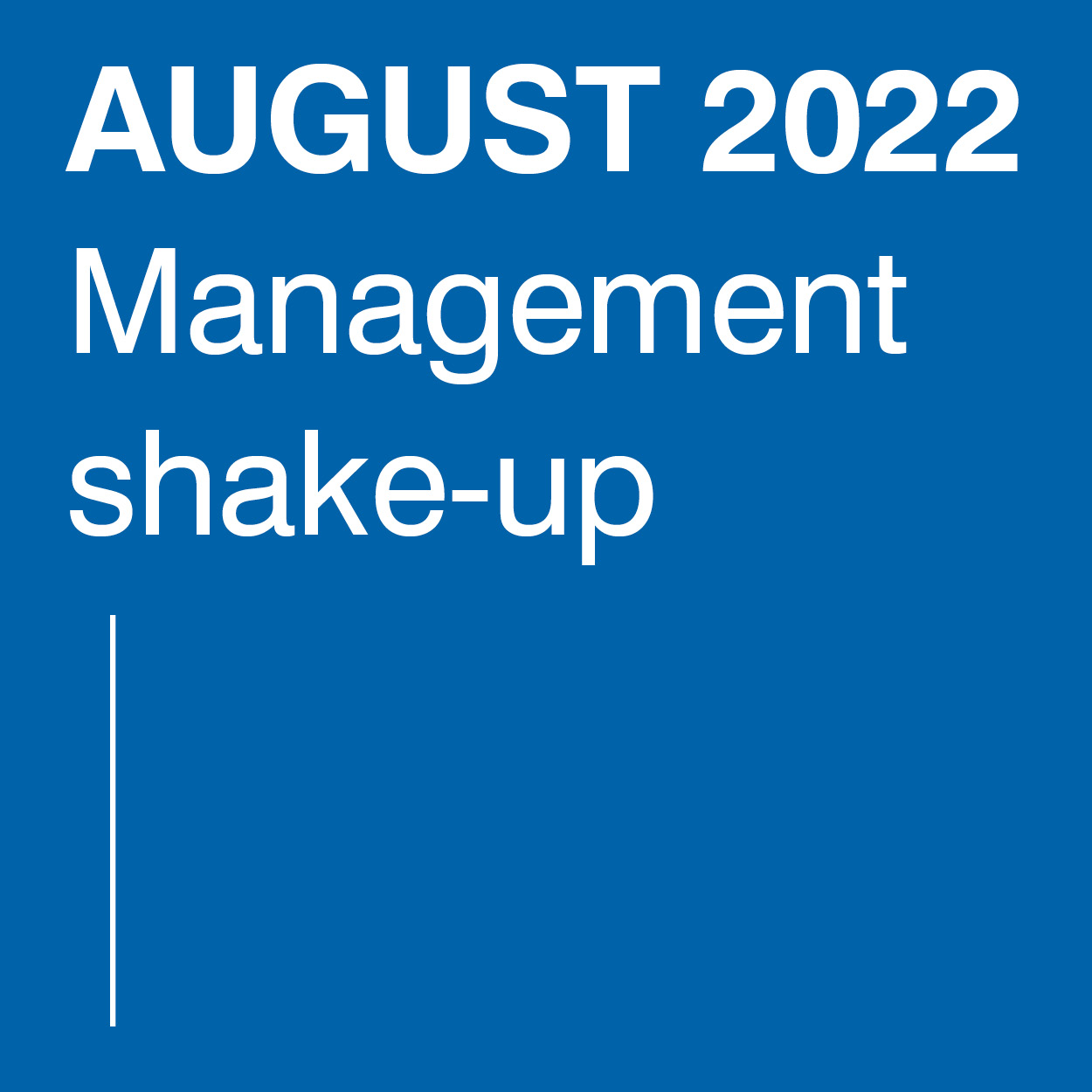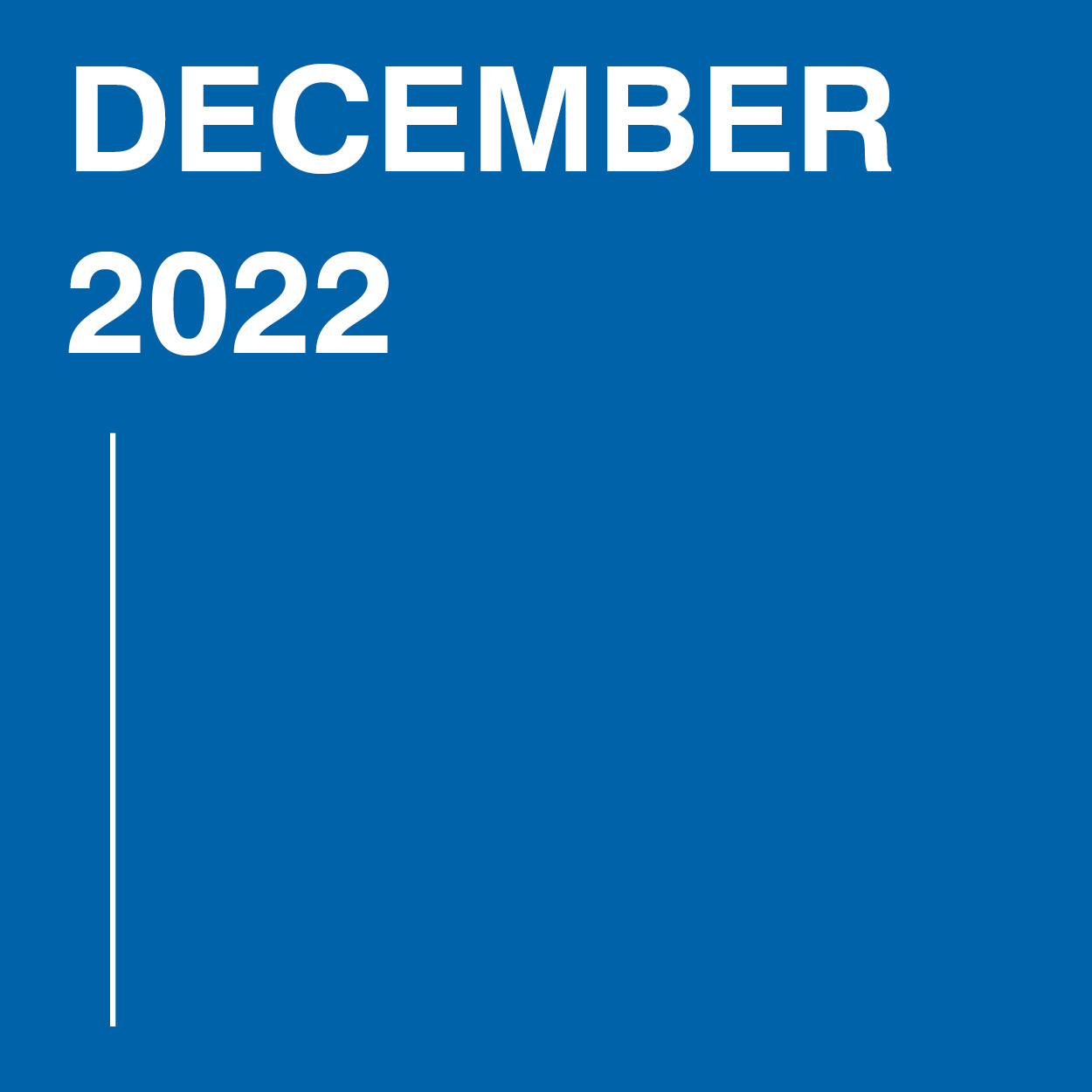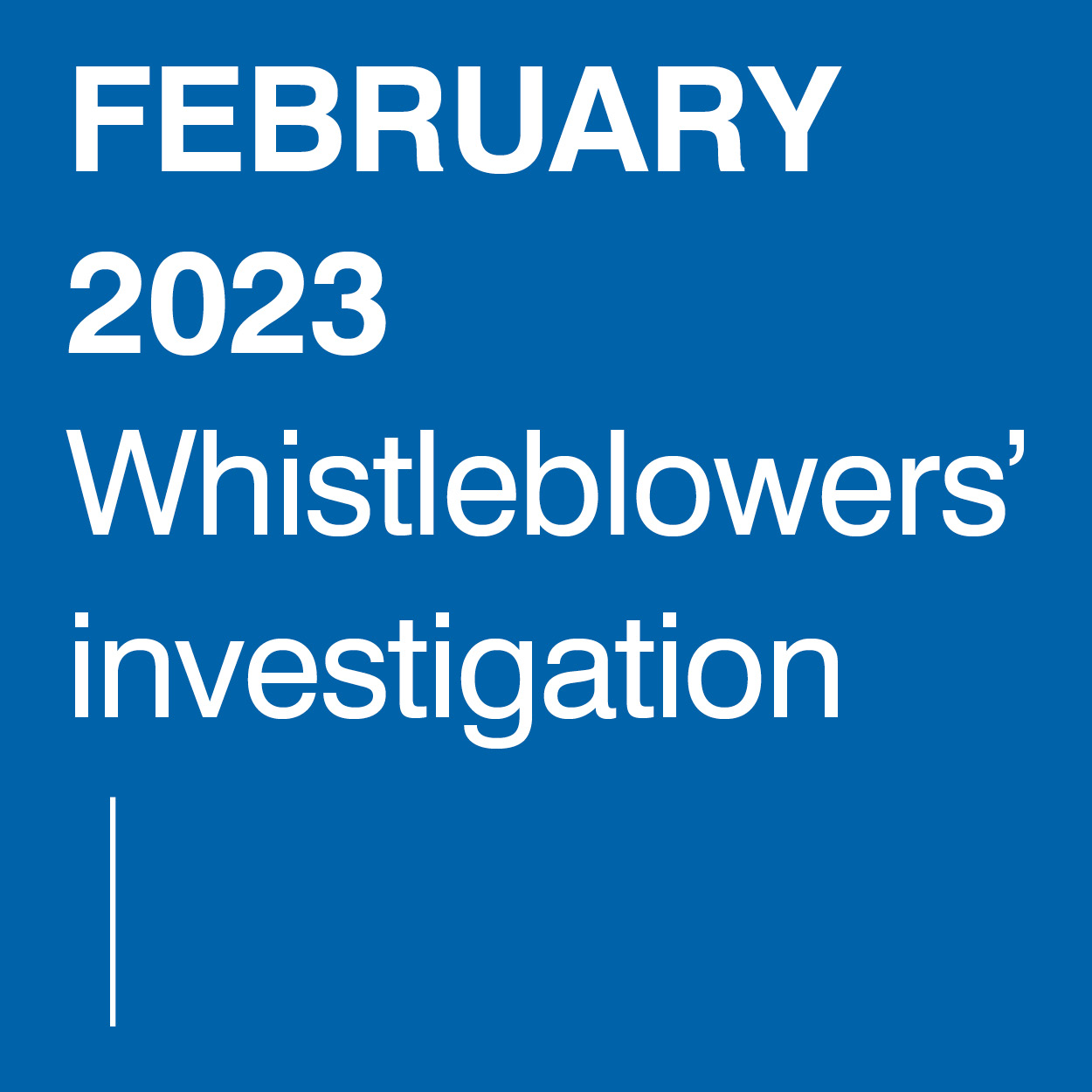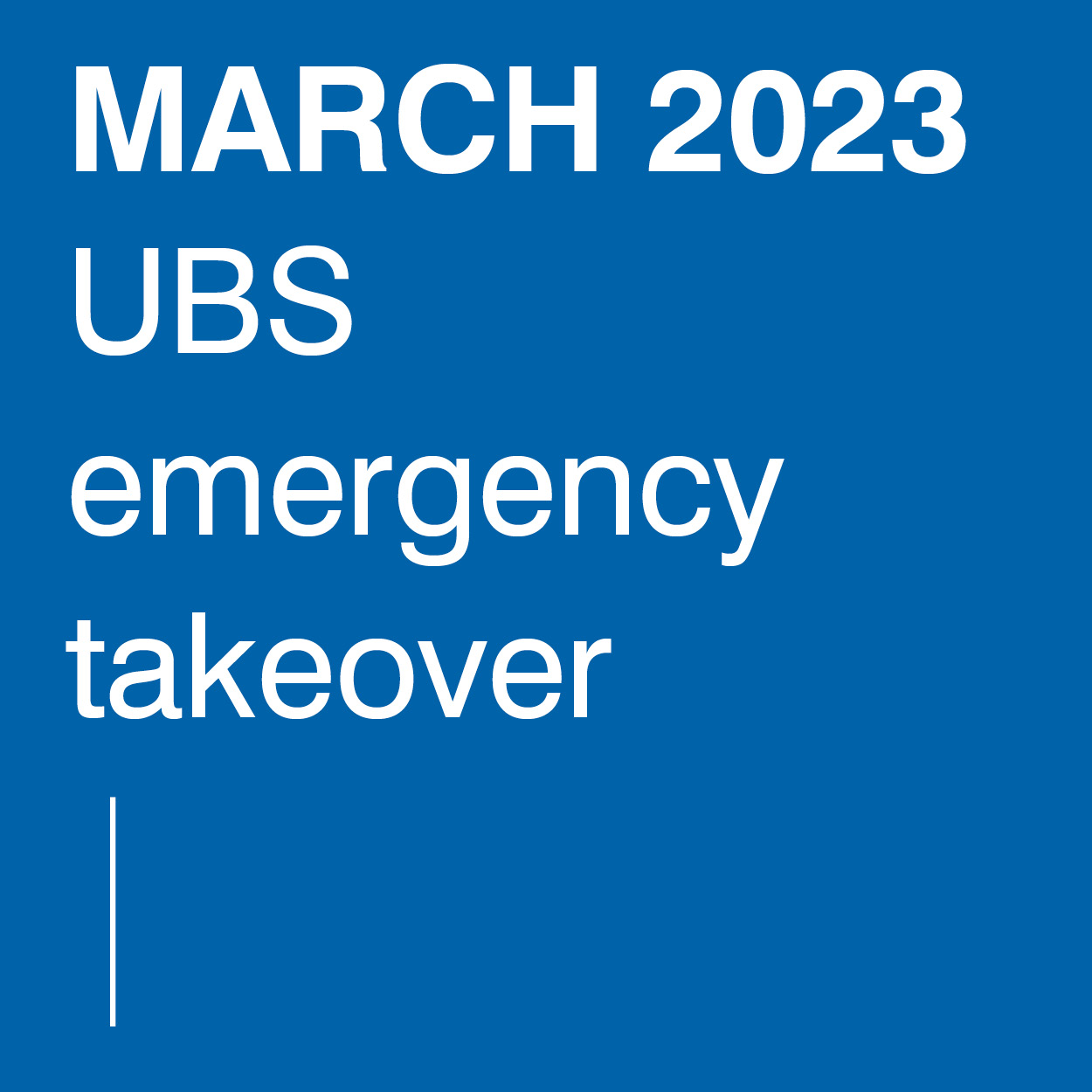
HOW DID CREDIT SUISSE REACH CRISIS POINT?
An eventful weekend in the European banking sector saw Credit Suisse get swallowed up by its biggest rival, UBS. While the story around Credit Suisse's collapse is fairly nebulous, years of being plagued by scandals and negative press means the bank has been in hot water for a long time. Here is a summary of some of the crises that preceded the emergency takeover of Credit Suisse.
Crisis: Credit Suisse chief executive Tidjane Thiam and former close ally Iqbal Khan got into public spat, resulting in Thiam hiring a spy firm to track Khan after the latter’s departure from the bank. It was revealed that Khan was not the first to be tailed by Credit Suisse.
Response: After initially playing down allegations, Credit Suisse later admitted to having hired private detectives to track two outgoing executives, triggering a regulatory investigation.
Thiam was replaced by Thomas Gottstein, who at the time was considered a ‘safe pair of hands’. Upon his appointment, Gottstein said: “There was certainly a lot of negative press, but I think that’s really behind us now and we are looking forward to continuing on the successful path.”
Crisis: It was revealed that Credit Suisse had been persuading wealthy clients to invest in ‘Greensill supply chain funds’. Concerns around Greensill supply chains soon began to unravel, meaning wealthy clients would not be paid back on investments.
Response: An internal investigation saw mass lay-offs at the bank, during which senior figures were reported as still debating on how transparent to be over the situation.
Crisis: The family office, ran by Bill Hwang, made oversized bets on stocks using enormous leverage from banks. Credit Suisse suffered a trading loss of $5.5bn, the biggest loss in its history.
Response: In an effort to draw a line under the affair, Credit Suisse hired ‘heavy hitter’ banker Sir António Horta-Osório, who was knighted for turning around Lloyds Bank after the 2008 financial crisis.
Credit Suisse claimed to have taken action against 23 employees and to have fired nine, promising to put risk management ‘at the heart’ of decision-making in future.
Crisis: Osório breached Covid-19 restrictions when he used a private jet to attend both the Wimbledon finals and Euro Championships in one day. During his time as Credit Suisse chairman, he used a shocking number of company private jets for personal use.
Response: Osório was forced to resign after an internal investigation. He issued the statement: “I regret that a number of my personal actions have led to difficulties for the bank. I therefore believe that my resignation is in the interest of the bank and its stakeholders at this crucial time.”
Crisis: It was revealed that, during Thiam’s time, some Credit Suisse staff had been exploiting the Mozambique tuna fishing industry to bribe individuals and launder money. Repercussions saw world aid withdrawn from Mozambique, thereby pushing the country into a financial crisis.
Response: The bank made a $475m settlement with UK, US and Swiss regulators.

Crisis: Numerous cases came to light implicating the bank in global dirty money transactions involving oligarchs, corrupt government officials and criminal organisations. There were links to embezzlement and human trafficking.
Response: Initially, Credit Suisse denied any wrongdoing, saying it “strongly rejected” the allegations. It also claimed that the allegations were largely historical and therefore not relevant to modern laws.
A later internal investigation was paid for by the bank itself and permitted stakeholders little insight into the process and its findings.
Crisis: Credit Suisse was investigated for a deal struck in 2021, in which it passed on risk by loaning money to rich customers who were buying private jets and yachts, which are considered risky assets.
Response: Credit Suisse ordered the hedge funds involved to destroy documents. The bank then released a statement claiming that destroying confidential information is “good housekeeping and good data hygiene”, and not an attempt to destroy evidence.
Crisis: The bank was fined for its involvement in money laundering related to a Bulgarian drugs ring.
Response: The hiring of Ulrich Körner, nicknamed ‘Uli the Knife’ for his work at UBS, was announced as part of a turnaround plan to repair the bruised bank’s reputation. Körner’s task involved brutal cost-cutting, reducing the bank’s annual spend by as much as 20% to less than SFr15.5bn.
The bank underwent ‘radical surgery’ with a restructuring plan to create a more focused business model.
The new approach intended to see Credit Suisse retreat from investment banking to instead focus on wealth management and its Swiss market. The plan also involved cutting SFr2.5bn of costs and cutting 9,000 jobs over the following three years.
Crisis: Swiss authorities opened a criminal probe into data breaches by Credit Suisse accounts last year.
Prosecutors claimed that alleged offences in the case were a violation of banking secrecy laws and making confidential business information available to foreign organisations. The case was expected to further discourage whistleblowing in the already secretive country.
On Sunday, 19th March, UBS hastily agreed to buy rival Credit Suisse for $3.25bn. The emergency takeover was assembled in a five-day rush as the Swiss government and global banking regulators worked to prevent financial panic. UBS has called the move an “acquisition,” while Credit Suisse has called it a “merger.”

